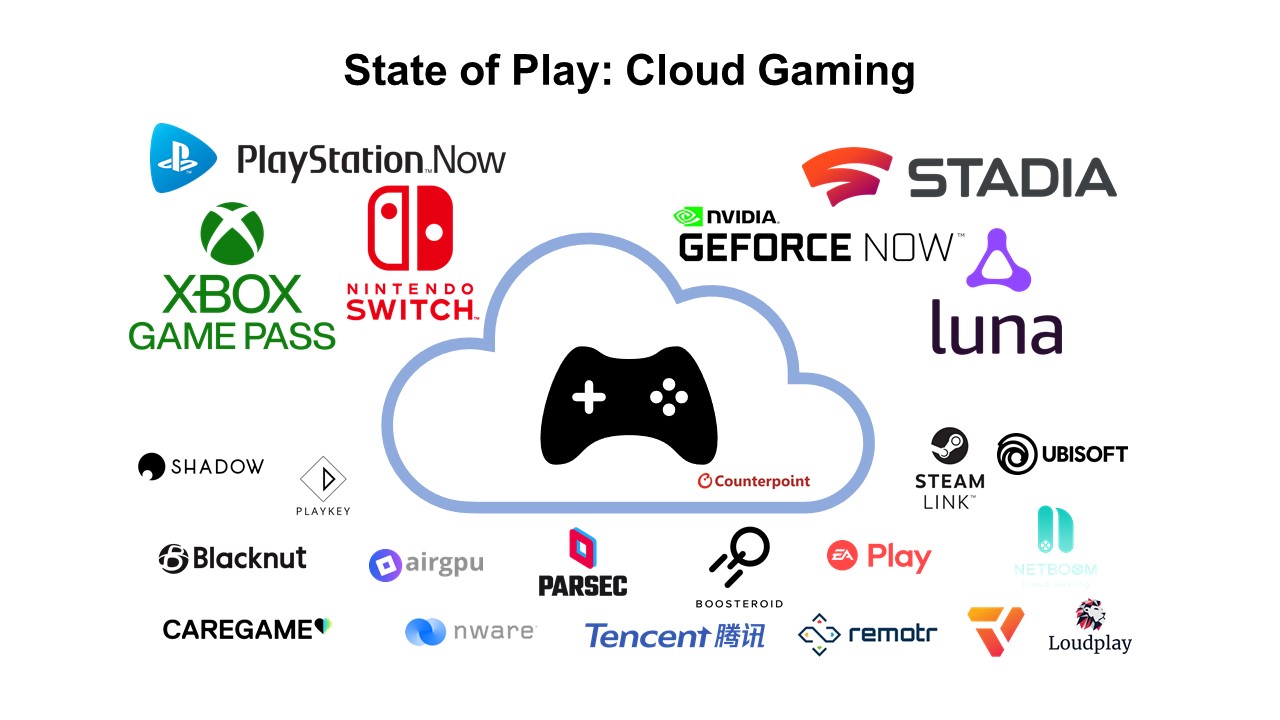|
Personalized medicine, also known as precision medicine or individualized medicine, is an emerging field within healthcare that aims to tailor medical treatments to each patient's unique genetic makeup, lifestyle, and environment. This approach holds the promise of revolutionizing the way we prevent, diagnose, and treat diseases, offering more effective and targeted therapies. The traditional "one-size-fits-all" approach in medicine has limitations, as individuals respond differently to treatments due to various factors such as genetic variations, environmental influences, and lifestyle choices. Personalized medicine recognizes these differences and seeks to provide precise interventions that consider the specific characteristics of each patient. Genomic sequencing plays a crucial role in personalized medicine. With advancements in DNA sequencing technologies, it has become more accessible and affordable to analyze an individual's genetic information. By examining a person's genome, scientists can identify specific genetic markers associated with diseases, predict the risk of developing certain conditions, and determine the most appropriate treatment options. The use of pharmacogenomics, a branch of personalized medicine, allows healthcare providers to optimize drug therapy based on an individual's genetic profile. Genetic testing can reveal how an individual's genetic variants affect drug metabolism, efficacy, and potential side effects. Armed with this knowledge, doctors can prescribe medications that are more likely to be effective and carry minimal risks for adverse reactions. Another aspect of personalized medicine involves utilizing wearable technology and remote monitoring devices to gather real-time data about patients' health status. These devices can track vital signs, physical activity, sleep patterns, and other relevant metrics. The collected data provides clinicians with valuable insights into a patient's condition, allowing for proactive interventions and personalized treatment adjustments. Furthermore, personalized medicine extends beyond the realm of treatment. It encompasses disease prevention through early detection and risk assessment. By analyzing an individual's genetic predispositions and lifestyle factors, physicians can identify individuals at high risk for certain diseases and implement preventive strategies tailored to their specific needs. This proactive approach has the potential to significantly reduce the burden of chronic diseases, improve health outcomes, and lower healthcare costs. However, personalized medicine also faces challenges that need to be addressed. Ethical considerations surrounding the use and storage of personal genetic information and data privacy are among the key concerns. Ensuring equitable access to personalized medicine advancements is another challenge, as it requires overcoming disparities in healthcare infrastructure, resource allocation, and affordability. In conclusion, personalized medicine holds tremendous promise for the future of healthcare. By harnessing the power of genomics, wearable technology, and data analytics, healthcare providers can deliver targeted interventions that maximize therapeutic outcomes while minimizing adverse effects. As research and technology continue to advance, personalized medicine is poised to transform the healthcare landscape, offering patients more precise and effective treatments tailored to their individual needs.  |
